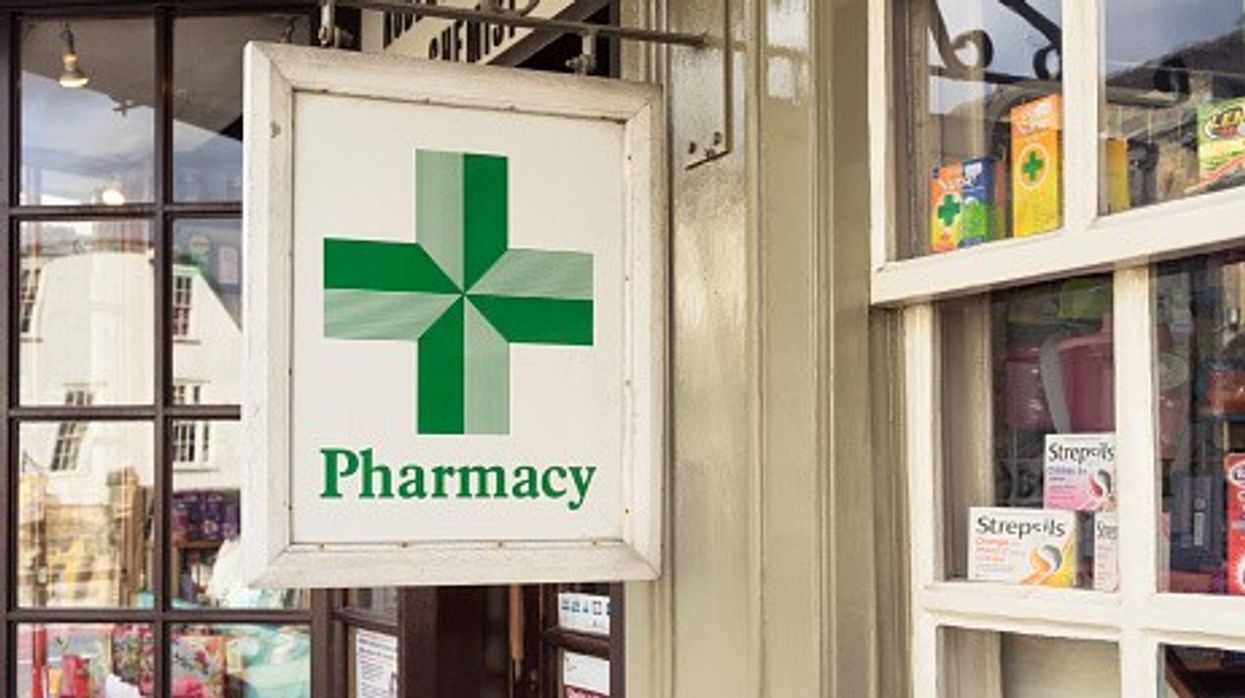The Advisory Council on the Misuse of Drugs (ACMD) has cautiously endorsed the Home Office proposals to allow pharmacists to supply some controlled drugs without a prescription during the COVID-19 crisis.
In a letter on Tuesday (April 7), the ACMD wrote to Home Secretary Priti Patel that on balance the advisory council was “generally supportive" emergency legislative measure which would enable registered pharmacies to supply controlled drugs without a prescription during a pandemic.
However, it added that pharmacists would "require additional support and guidance, as they will be working outside of the scope of their usual practice in exceptional circumstances.”
The drug advisor also said that there "remains a risk that this measure could apply longer than is necessary" despite being brought in a pandemic for a limited time period.
Additionally, they said "whilst it will be necessary for the government to publicly announce in an emergency that these measures are to apply, common knowledge of the applicability of this measure may increase the risk of the misuse and diversion of controlled drugs."
The Home Secretary had, on April 1, asked the ACMD to respond to a proposal for an emergency legislation to “help secure access to controlled drugs within the healthcare system in a pandemic."
https://www.pharmacy.biz/emergency-legislation-could-allow-pharmacists-to-supply-controlled-drugs-without-a-prescription/
Meanwhile, backing the proposal to allow pharmacist-supervised supply of some controlled drugs without a prescription, the Royal Pharmaceutical Society said on Wednesday (April 8) that it would come up with “guidance to the profession to provide clarity and maintain high standards of supply, once the necessary legislation is passed.”
RPS President Sandra Gidley added: “The proposals that have been put forward are for the supply of controlled drugs in exceptional circumstances. They are likely to be used on occasion to make supplies to patients who have been receiving certain controlled drugs as part of on-going treatment.
“Pharmacists would use their professional judgement in line with safeguarding rules before making any supply, as well as working with other healthcare professionals involved in the care of the patient.”











